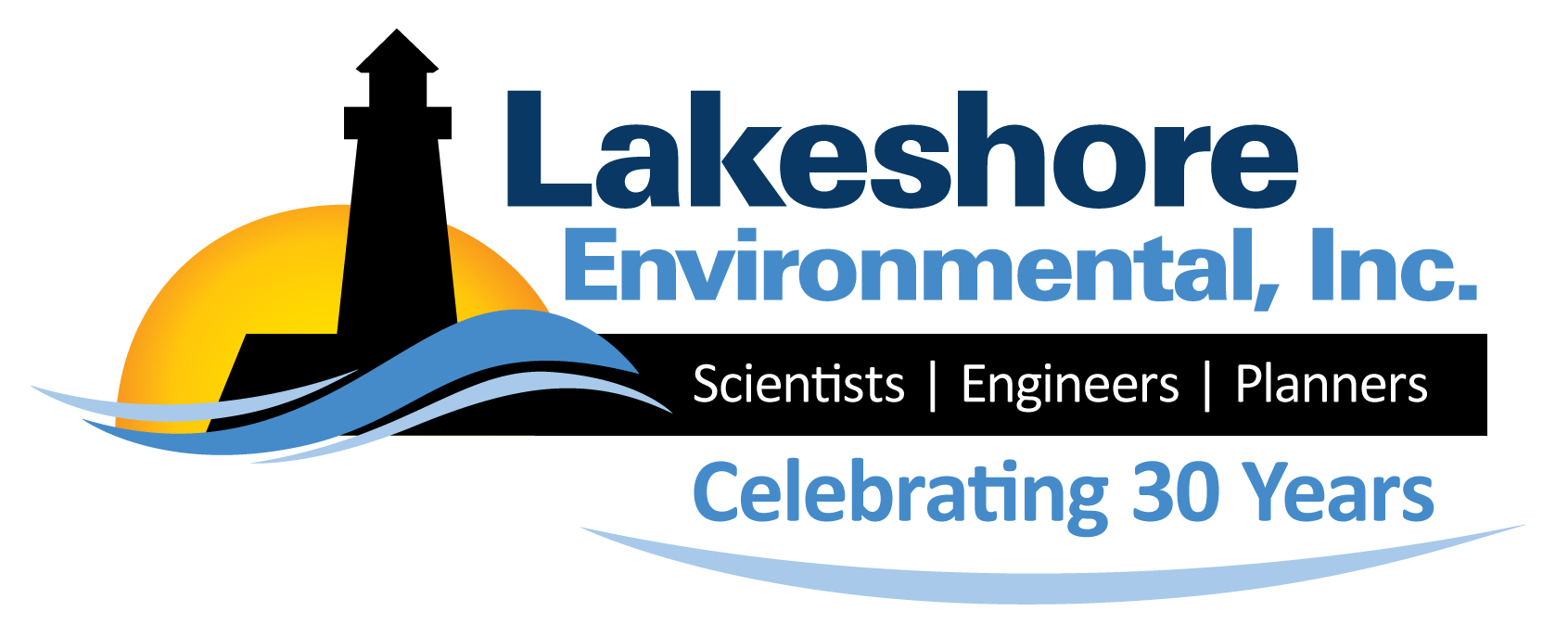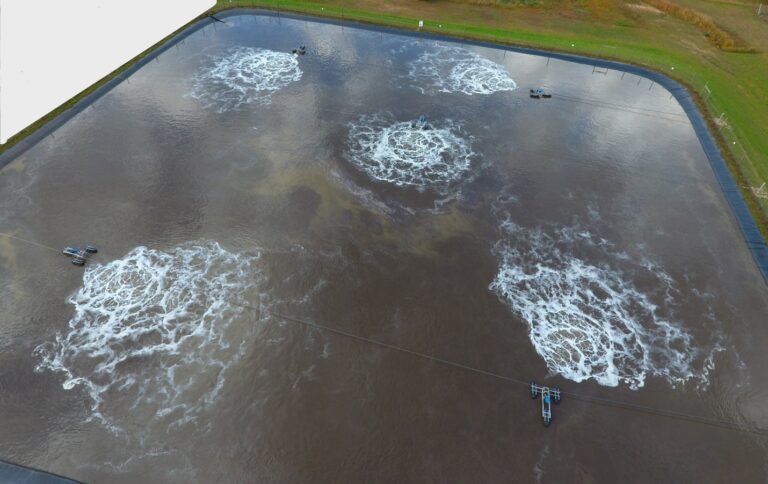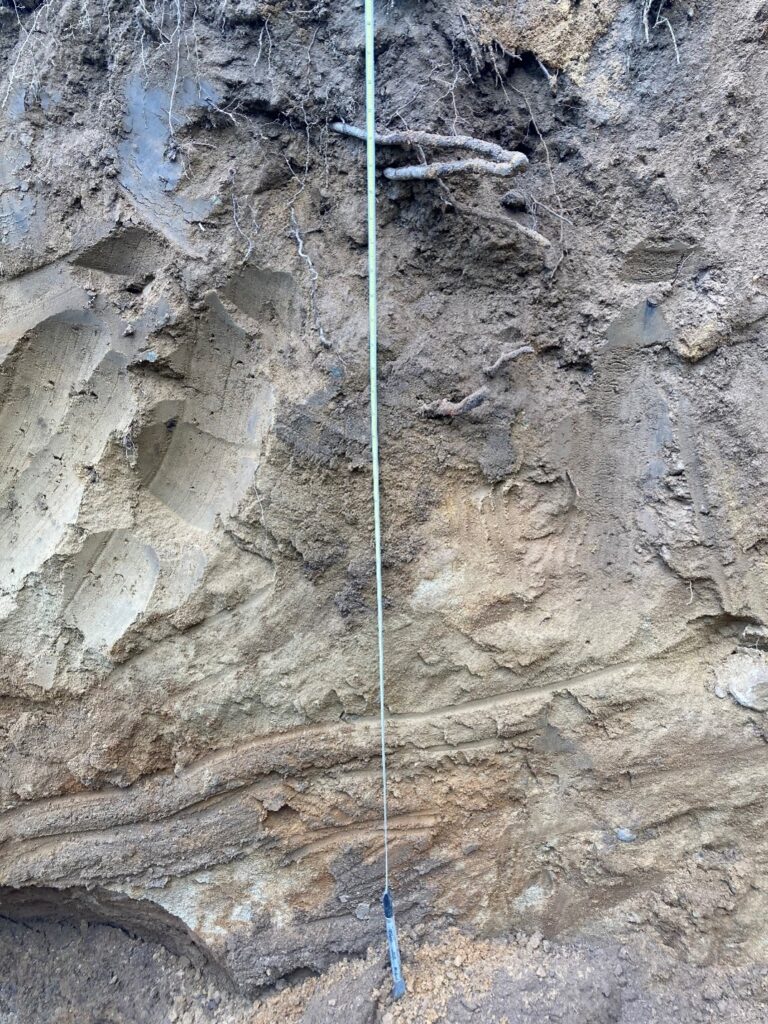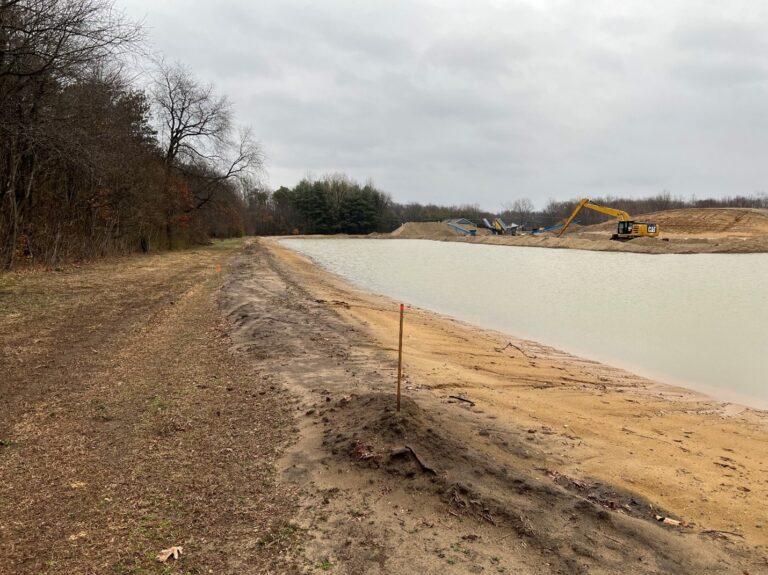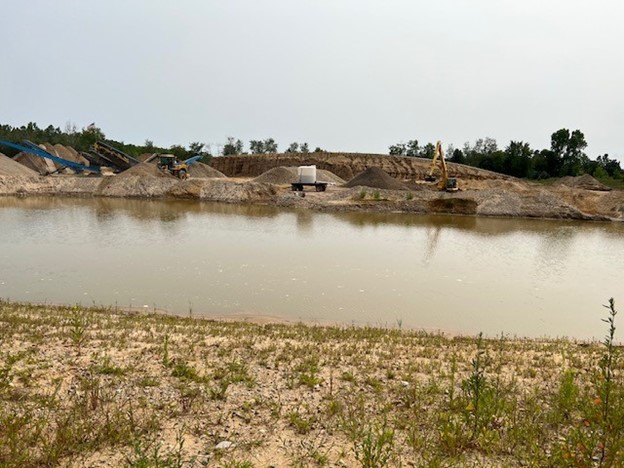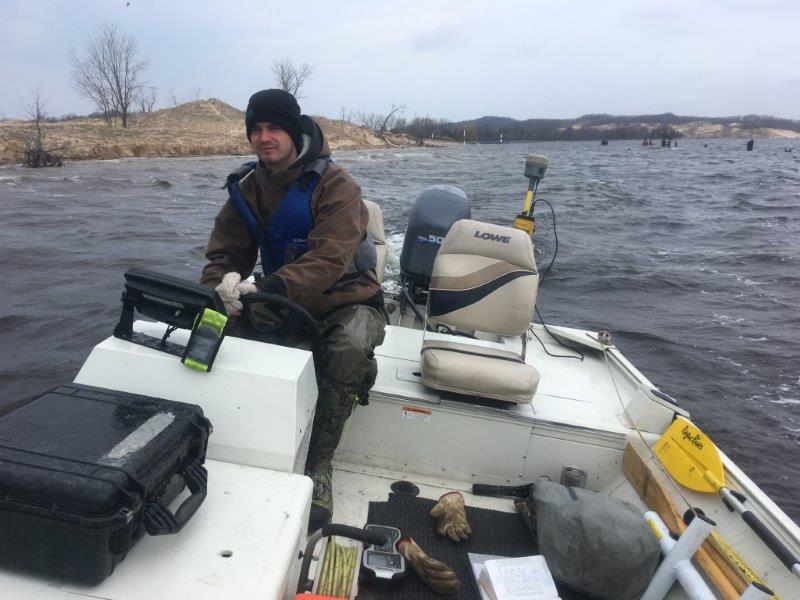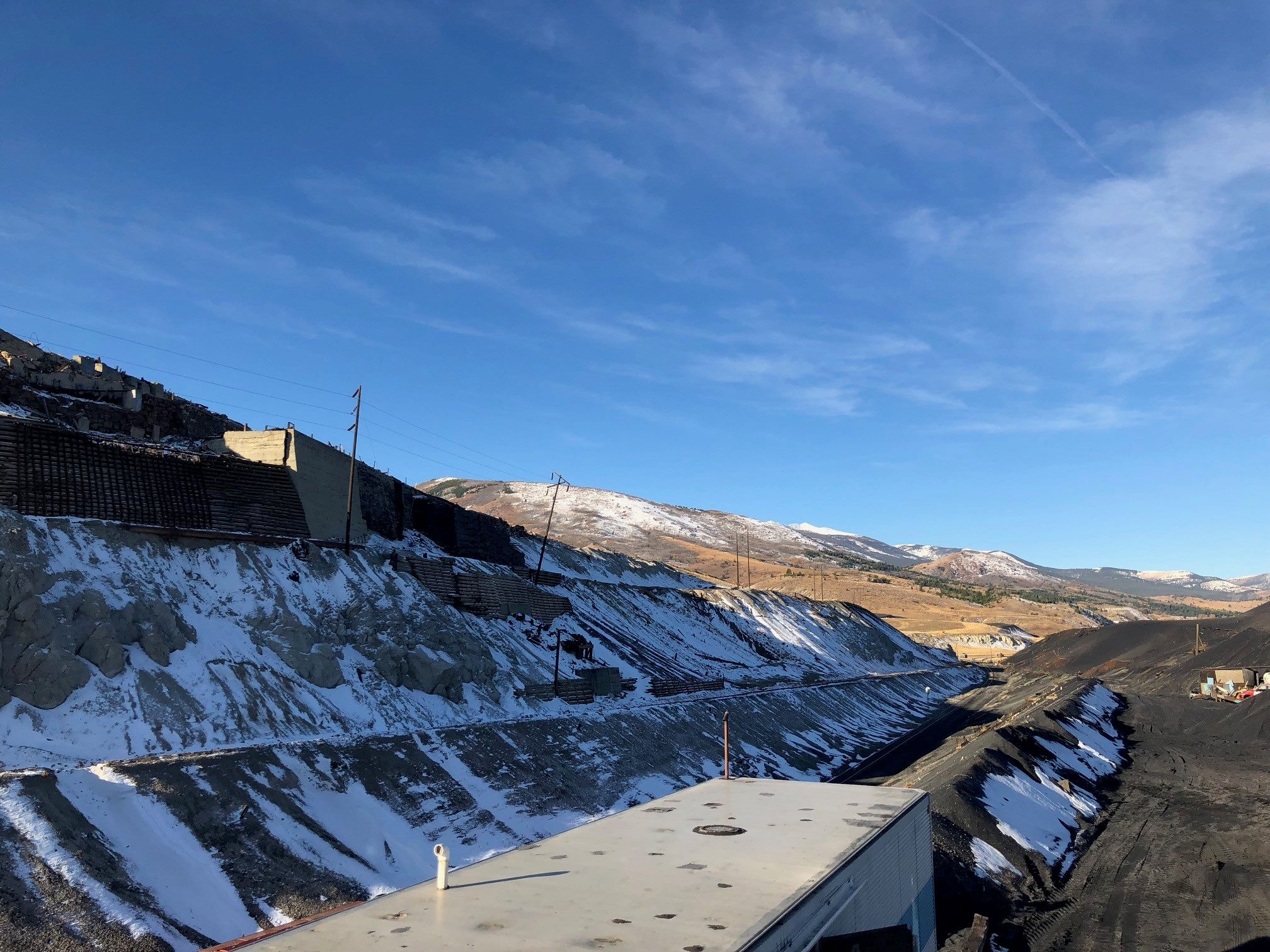2019 – 2025
LEI led a wetland mitigation design and monitoring project for a long-term client to off-set wetland impacts under Part 303.
LEI worked with regulatory agencies to locate a feasible site, negotiate permit conditions, and design a resilient wetland ecosystem. As a result of impacted wetlands at a nearby commercial development, this robust wetland ecosystem was constructed.
Following mitigation wetland design and construction oversight, LEI continues to monitor the wetland to assess the effectiveness and ecological integrity of the constructed wetland. Our multidisciplinary team of Scientists, Hydrogeologists, and Engineers monitor key indicators such as vegetation health, wildlife, groundwater, and overall ecosystem functionality. Adaptive management strategies are implemented, as needed. The project aims to evaluate the success of wetland mitigation in terms of biodiversity enhancement, habitat restoration, and overall ecosystem resilience over a five-year period and presents annual progress to regulatory agencies.



